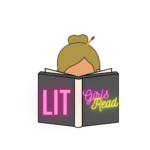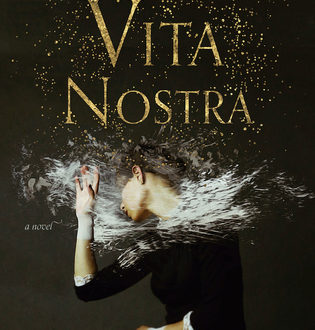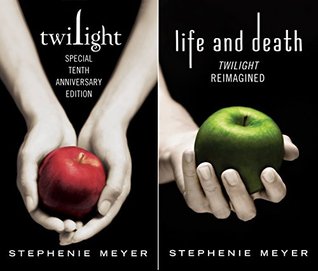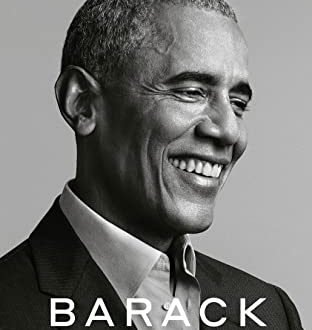Transcendent Kingdom
Author: Yaa Gyasi
Edition: Hardcover, 264 pages
Date Read: October 4, 2020
Goodreads Synopsis:
Gifty is a fifth-year candidate in neuroscience at Stanford School of Medicine studying reward-seeking behavior in mice and the neural circuits of depression and addiction. Her brother, Nana, was a gifted high school athlete who died of a heroin overdose after a knee injury left him hooked on OxyContin. Her suicidal mother is living in her bed. Gifty is determined to discover the scientific basis for the suffering she sees all around her.
But even as she turns to the hard sciences to unlock the mystery of her family’s loss, she finds herself hungering for her childhood faith and grappling with the evangelical church in which she was raised, whose promise of salvation remains as tantalizing as it is elusive. Transcendent Kingdom is a deeply moving portrait of a family of Ghanaian immigrants ravaged by depression and addiction and grief–a novel about faith, science, religion, love.(Goodreads.com)
Should Lit Girls Read it?
Transcendent Kingdom is a powerful and beautiful story about family, love, pain, and loss. I learned a lot from Gifty and also felt as though I could relate to her. For anyone who has struggled with addiction and/or depression this book might be difficult, or exactly what you need. If you’re looking for a serious and yet heartfelt book, this is for you.
Lit Girls Take
(Warning Spoilers Ahead)
I wasn’t sure what to make of Transcendent Kingdom when I finished reading it. I had to sit with the book for a while and digest what I had just experienced. Gifty’s experiences were unfamiliar to me and the main reason I wanted to read this book. I also loved Yaa Gyasi’s first novel Homegoing. Although this is a very different story, it is told with an equal amount of sincerity and heart
Always the outsider, Gifty is trying to balance her scientific work with a religion she had long given up on but which never left her. While I may not have the same religion, background, or experiences as Gifty, I was able to relate to the story through her fundamental questioning of herself.
As the novel progresses Gifty takes us between her childhood in Alabama and her present day at Stanford in California, where her suicidal mother has just arrived. This storytelling style made me feel as though Gifty were telling me this entire thing over a cup of coffee. The memories flowed so naturally that her stream of consciousness seemed plausible and real.
Dispersed throughout were snippets of her many journal entries, most of which were letters to God. When she had trouble praying as a young girl, her mother suggested she write to God instead. She tells her that God can hear us in whichever form we choose to express ourselves. Despite my own shaky belief, I found this idea beautiful. Am I speaking to God when I write this blog? I don’t think so. I do believe that I am putting energy into the universe and someone (something?) receives it. There was something powerful in the progression of her writings, watching them go from childish musings to adult fears gave me a sense of who she was without any exposition. Gifty was a fighter; she never gave up on the people she loved, and never stopped trying to find a way to save them.
When laid out plainly it is easy to see the path Gifty’s brother Nana took towards opioid and then heroin addiction. Similarly, it’s clear how her mother evolved into the depressive state in which we meet her. Both characters become hardened and tough after Gifty’s father leaves them and moves back to Ghana. Her mother works to support them and Nana, while remaining strong for his sister, rejects their father and everything he left behind. It is then that Nana rejects his religion and Gifty throws herself into it, both siblings hoping to achieve the same end, understanding.
Nana instead devotes himself to basketball until a broken ankle takes away the one thing he had managed to build for himself. The injury leads to addiction and Gifty’s mother becomes even harder and stronger to try and save her son. Until his death by overdose which completely breaks her. This was something I could relate to. Not the overdose, or the loss even, but the breaking. The most depressed people can seem to have it all together. They hold on until they simply can’t anymore. As Gifty strives to make sense of what happened, these logical conclusions unfold for the reader. First, throwing herself into religion, then rejecting it and turning to science, only to ultimately find a balance.
There was much about this novel that I could not relate to, being a Jewish New Yorker, the lives of an evangelical Ghanaian family in Alabama were as far from my own experience as I could imagine. Yet, Gifty’s questioning, her struggle for understanding and journey to find herself, was universal. I could relate to Gifty and so I could go along with her on what was nothing less than a spiritual quest. I loved this novel, even though at times it made me uncomfortable and confused. It challenged me in a way that allowed me to be a better, more compassionate person upon completing it. Transcendent Kingdom changed the way I think about people, both those I love, and those I’ve never met. We all have a story to tell. When someone shares theirs in such a raw and touching way, it forever changes you.




2 Comments
Shelley Hirsch
I would like to take the spiritual quest that has been described in Transcendent Kingdom. The characters seem to come alive and are very complicated. I enjoyed your review and will read it.
Shelley Hirsch
I’m always looking for a serious story that gives me an opportunity to explore my my own life and feelings.
Your description of Gifty intrigues me and I want to know more about her.